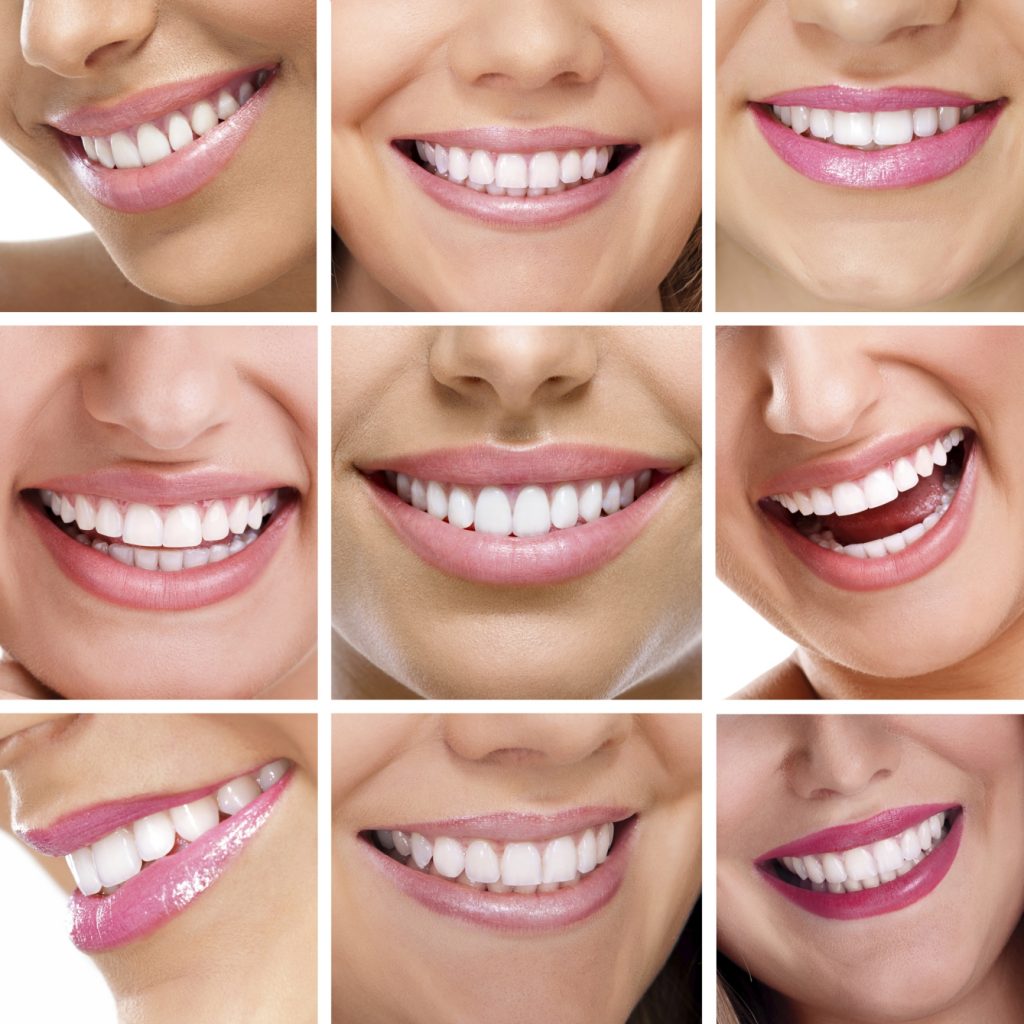
They say that first impressions are most important, and for many of these impressions, it begins with a smile. However, like most people, you’ve likely dreamt of having a better-looking smile – one that is straighter, and preferably, whiter. A smile that brightens a room!
So, how do we get this elusive Hollywood smile? It’s known as a smile makeover.
A smile makeover is a process whose main goal is to improve the appearance of the smile through a combination of various cosmetic dentistry treatments or procedures. The list of treatments includes, but are not limited to, dental veneers, composite bonding, tooth implants and teeth whitening. More than being a cosmetic procedure, though, a smile makeover carries a lot of functional and health benefits as well.
For example, those with malocclusions may find it hard to brush and floss their teeth, making them prone to tooth decay and gum disease. Correcting malocclusions through orthodontics can help solve that problem, as well as the other possible complications that come with malocclusion, such as speech impediments, accidental chipping and so on.
Cosmetic dental treatments alone are expensive enough, which makes it safe to say that a series of such treatments is bound to cost a lot – something that happens in a smile makeover. In fact, it would not come off as a surprise for patients to spend well over thousands of dollars just to get the smile they’ve always wanted.
Yes, a smile makeover is expensive, but as long as you see your smile as something that you’ll own and wear for the rest of your life, it should be easier for you to decide whether it is a worthy investment or not.
For more information about smile makeovers, call Dr. Pliev in Ottawa, ON at 613-235-5348 or visit www.ottawadentistryonkent.com.
Dr. Konstantin Pliev proudly serve patients from Ottawa and all surrounding areas.


